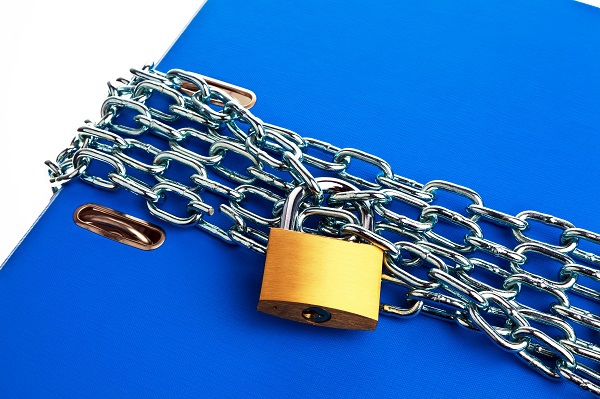Employers and landlords often run background checks on job applicants and potential tenants as part of their screening process. Arrests and criminal convictions will appear in these background checks, which means anyone with a criminal record could find it difficult to secure housing or employment in the future. Fortunately, some people who have been arrested or convicted of a crime are eligible to have their records sealed or expunged. Although these terms are often used interchangeably, they actually refer to two processes with different outcomes. Here are some of the differences between sealing vs. expunging criminal records in Colorado:
Sealed vs. Expunged Records
Expungement refers to the process of completely destroying a person’s criminal record so it no longer exists. When a record has been expunged, it cannot be accessed by anyone. On the other hand, a sealed record still exists. It is not visible to the general public, so it won’t appear in background checks conducted by employers or landlords, but it may still appear in searches conducted by certain government agencies.
Who Can Seal or Expunge Their Records in Colorado?
Most people would prefer having their records expunged so they would be completely destroyed, but only certain individuals qualify for expungement. The state of Colorado only allows individuals to expunge their juvenile criminal records. Some juvenile criminal records, such as those involving violent or aggravated crimes, cannot be expunged.
Many different types of adult criminal records can be sealed, including certain petty offense convictions, drug crime convictions, and arrest records. The laws regarding which crimes can and cannot be sealed are complex, so it’s recommended that you speak to an attorney to see if your records can be sealed.
You must wait a certain amount of time before sealing or expunging your record. The time will vary depending on the type of record that you are attempting to seal or expunge. For instance, arrest records can be sealed immediately if the arrest did not lead to a conviction. But, the law requires people to wait up to five years before attempting to expunge their juvenile records.
The Benefits of Sealing or Expunging Criminal Records
A sealed or expunged criminal conviction will no longer negatively impact your life. If your record is sealed or expunged, you no longer have to disclose this brush with the law when applying for jobs or housing. Once it’s sealed or expunged, it’s as if the conviction or arrest never happened. This gives people who have made mistakes in their past the rare chance to start over with a clean slate.
The process of sealing or expunging criminal records can be complex. If you are interested in restoring your good name, let the criminal defense attorneys at Reisch Law Firm help. We will guide you through the process of expunging or sealing your records so you can have the fresh start you deserve. Schedule a free consultation today by calling 303-291-0555 or filling out this online form.


